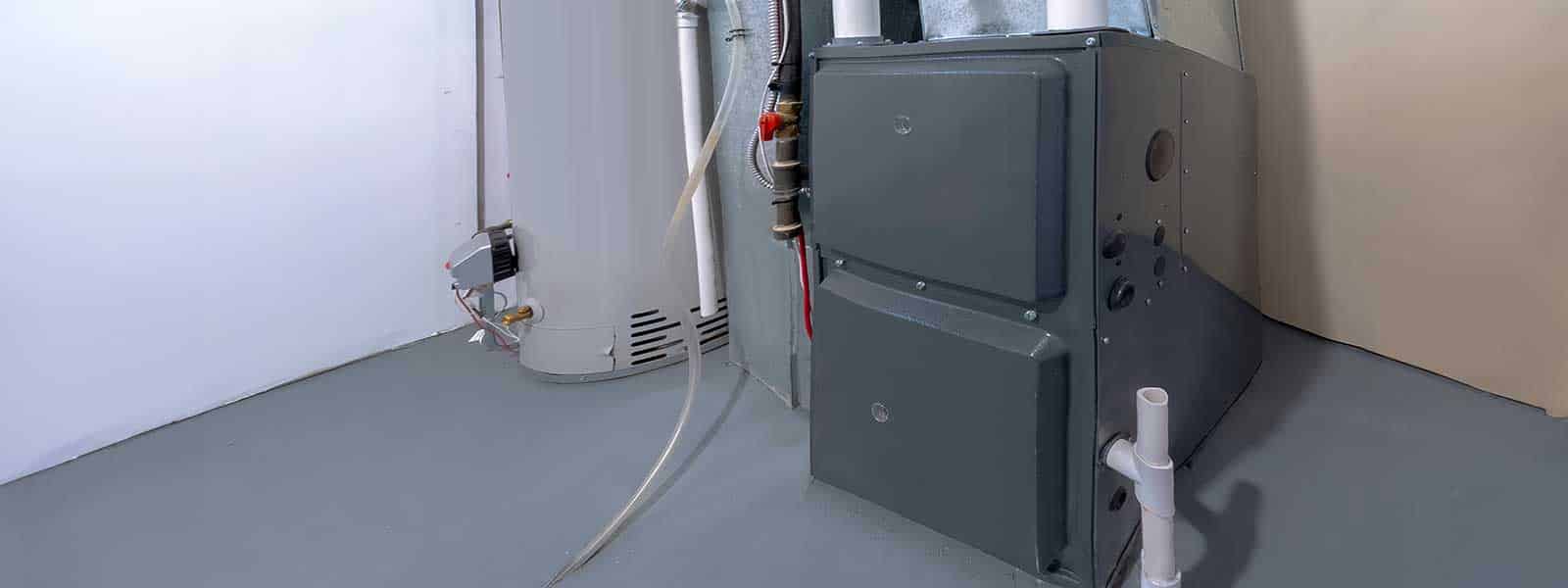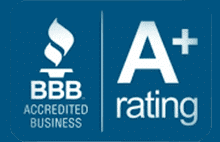Gas vs. Electric Furnaces: Which Is Best for Your Denver Home?
When it comes to heating your home in Denver, understanding the types of furnaces available is essential. With the city’s cold winters and fluctuating temperatures, homeowners need a system that delivers reliable, energy-efficient warmth. The most common options include gas and electric furnaces, but some homes may also use oil or propane furnaces. Each type has its advantages and drawbacks, depending on your home’s needs, budget, and energy source availability.
Gas Furnaces
Gas furnaces operate by burning natural gas to produce heat, making them a popular choice in areas with cold winters.
Advantages:
- Superior Heating Power – Gas furnaces provide higher heat output compared to electric models, making them ideal for Denver’s freezing temperatures.
- Lower Operational Costs – Natural gas is often more affordable than electricity, leading to lower monthly heating bills.
- Faster Heating Response – A gas furnace can heat a home more quickly than an electric system, ensuring immediate comfort.
Potential Drawbacks:
- Installation Costs – Homes without existing gas lines may require additional installation, increasing upfront costs.
- Maintenance Needs – Gas furnaces require regular inspections to check for carbon monoxide leaks and ensure safe operation.
- Environmental Considerations – While gas furnaces are efficient, they produce emissions, which may be a concern for eco-conscious homeowners.
Electric Furnaces
Electric furnaces use electric heating elements to warm the air before distributing it through your home’s ducts.
Advantages:
- Lower Initial Investment – Electric furnaces are generally cheaper to purchase and install, especially if your home lacks gas lines.
- Minimal Maintenance – With fewer components than gas furnaces, electric models require less frequent servicing.
- Environmentally Friendly – Electric furnaces produce no direct emissions, making them a greener option when paired with renewable energy sources.
Potential Drawbacks:
- Higher Operational Costs – Electricity rates can make these furnaces more expensive to run, especially during peak winter months.
- Slower Heating Time – Electric furnaces take longer to heat a home, which may be a drawback in Denver’s harsh winter climate.
Other Types of Furnaces
In addition to gas and electric models, homeowners may also consider:
- Oil Furnaces – Less common today, oil furnaces are powerful heating options but require fuel storage and regular refilling.
- Propane Furnaces – A good alternative for homes without access to natural gas, propane furnaces offer efficiency but require a storage tank.
- Dual-Fuel Systems – These combine a heat pump with a gas furnace, switching between energy sources for maximum efficiency.
Which Furnace Is Right for Your Denver Home?
The best furnace for your home depends on several factors:
- Budget: If you’re looking for lower upfront costs, an electric furnace may be ideal. However, if you want lower long-term energy bills, gas might be the better option.
- Home Energy Setup: If your home already has a gas line, installing a gas furnace is a logical choice. Otherwise, an electric furnace might be more practical.
- Environmental Priorities: If reducing your carbon footprint is a priority, an electric furnace paired with renewable energy can be a great choice.
For expert guidance on furnace selection and installation, Mac-Vik Plumbing, Heating, Electrical, and Air Conditioning is here to help. Contact us today to find the perfect heating solution for your home.








